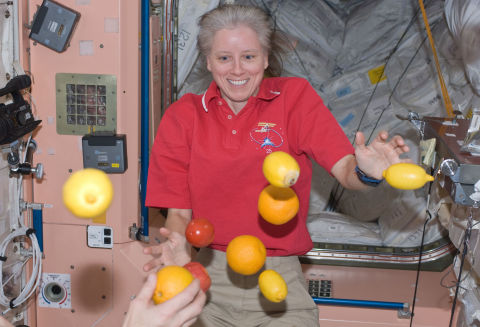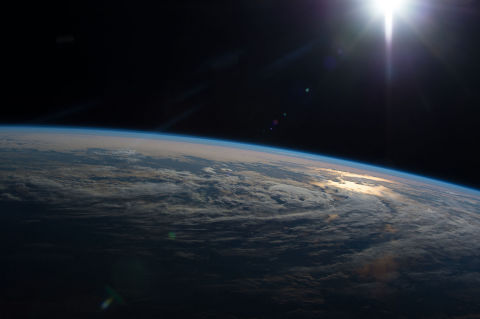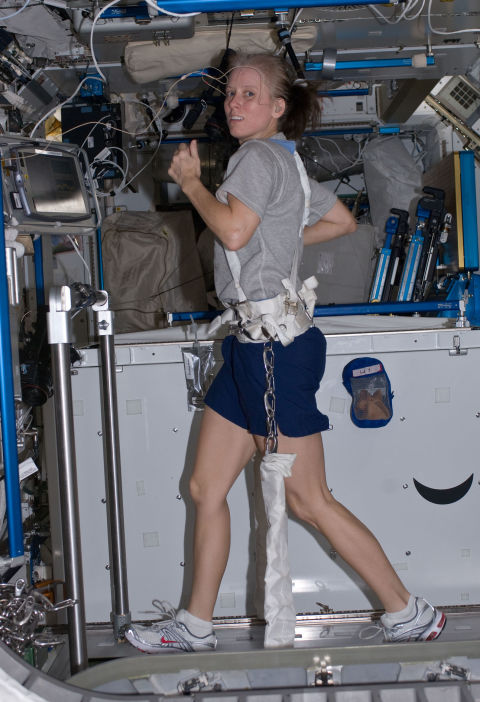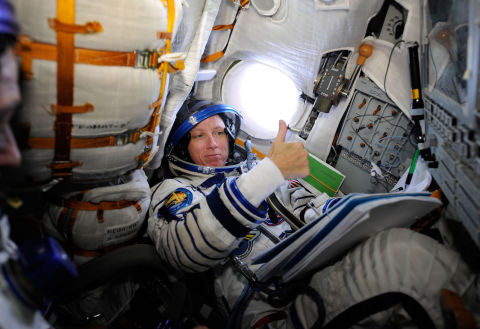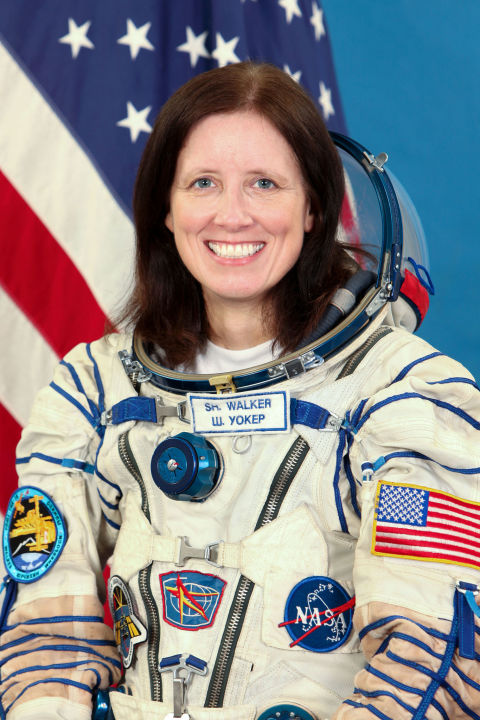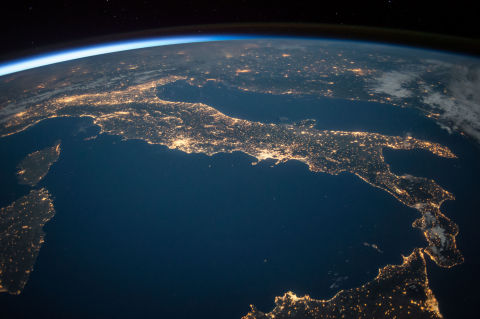1. There's no one path to becoming an astronaut. All astronauts have degrees in science, engineering, or medicine, but other than that, there's no one path to NASA. The one thing everyone has in common is we've all exceled in our chosen field. My degrees are in physics and space physics, and I did well enough in university that I actually started working at the Johnson Space Center in Houston, Texas, as a robotics flight controller right after college. Seventeen years and a PhD later, I was selected as an astronaut candidate.
2. Astronaut selection is even more competitive than you think. Getting hired by NASA is like getting through the world's strictest HR screen. We're actually going through the selection process now: We've had 18,000 people apply and we'll probably select around eight new astronauts. You need to be extremely good at what you do, but there's also a lot of luck involved. You might be extremely qualified and still looked over, depending on what NASA needs during that cycle — maybe we're short on medical doctors or test pilots, so we're looking for someone with that background rather than, say, an engineer. Even if you're exactly what they're looking for at that exact moment, you still have pass through two rounds of interviews and undergo extensive medical testing to make sure you're healthy enough to do the job. Plus, NASA only hires every couple of years, because it takes an actual act of Congress to hire astronauts. So if you're passed over once, it could be years before you get another chance. I made it to the final stage of the interview process five times over a period of 14 years before I was finally selected as an astronaut in 2004.
3. You will spend 90 percent of your time on earth. In the heyday of the shuttle program, we were flying 40 or 50 people into space a year. These days, we're flying four Americans a year, tops. We've got about 45 active astronauts, so you're going to maybe fly once every 10 years. Being in space is amazing — it's the reason we all become astronauts — but you also have to love what you're doing on the ground, since that's how you'll spend most of your time.
4. For the first few years, you'll feel like you're in school again.When you're first selected, you go through about two years of training before you're even eligible for your first space flight. Most of that training is in the classroom: You're listening to lectures, taking tests, and learning all the systems on the space station. Even though everyone is coming in with high-level degrees and very technical backgrounds, it still takes about two years to learn the basics. Then, once you're assigned to a flight, it can be anywhere from two to three years of training just for one space station mission. Training for my first flight took about three years, which is like going through an entire degree program just for one flight.


